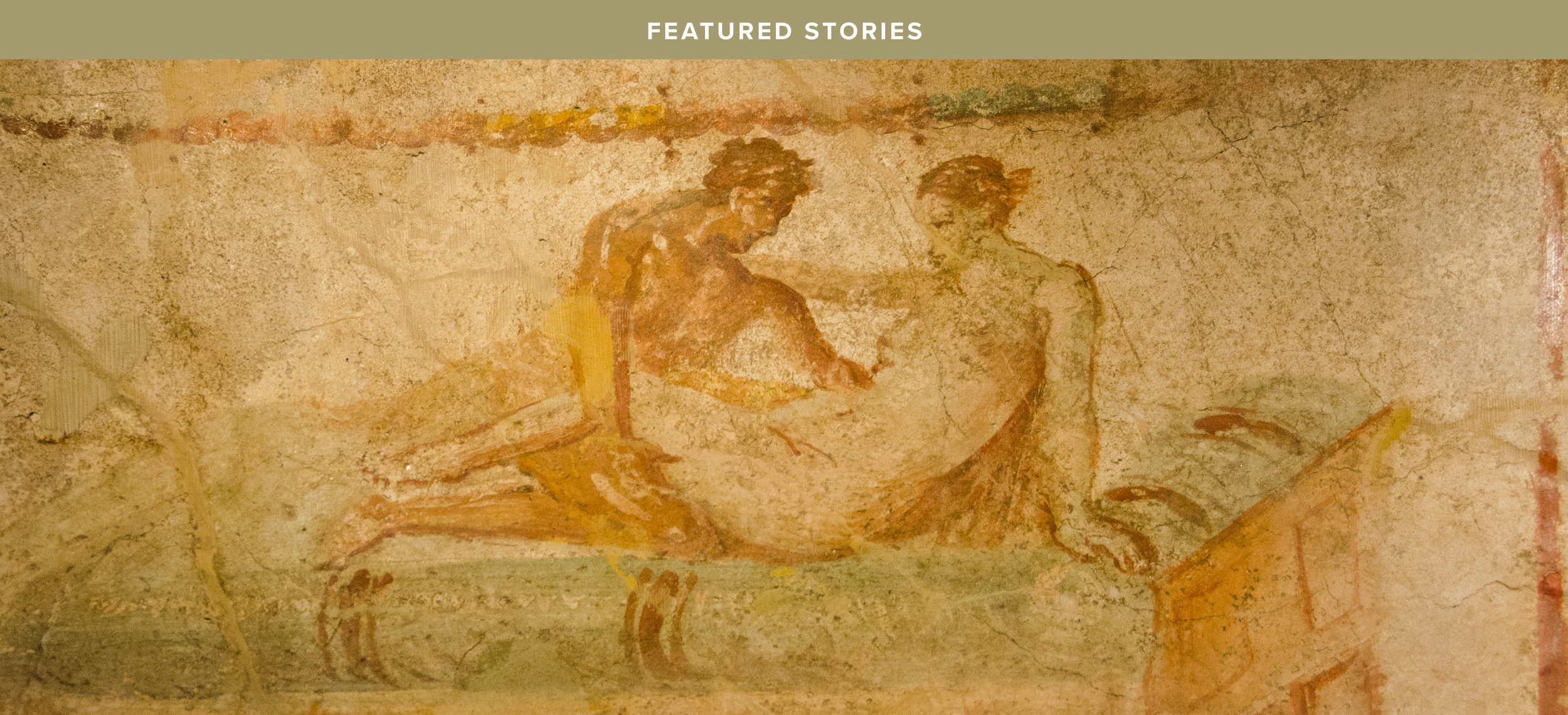Can Vice be a Virtue?
In Shakespeare’s Measure for Measure, Lord Angelo, the temporary leader of Vienna, is committed to ridding the city of its brothels and unlawful sexual activity. He arrests Claudio for impregnating Juliet out of wedlock. He believes that sentencing Claudio to death would serve as a strong example to other Viennese citizens.
Angelo, who is not a model of chastity himself, offers to spare Claudio’s life if his sister, Isabella, will sleep with him. When Isabella, who is a novice with a cloistered order of nuns, discusses the matter with her brother, she is horrified to discover what a despicable rake he has become as a result of his sexual misadventures. “Death is a fearful thing,” says Claudio, who has little regard for his sister’s chastity. “And shamed life a hateful,” replies Isabella. Claudio becomes more earnest in his plea: “Sweet sister, let me live; what sin you do to save a brother’s life, nature dispenses with the deed so far that it becomes a virtue.”
He sorely underestimates Isabella’s moral sense, thinking that she can be duped into thinking that a vice can be a virtue. It is a line that immediately backfires. Her response could not be more emphatic: “O you beast! O faithless coward! O dishonest wretch! Wilt thou be made a man out of my vice? Is’t not a kind of incest, to take life from thine own sister’s shame?”
Claudio’s excessive preoccupation with sex has poisoned his soul. Isabella wants to have nothing more to do with him, realizing that for Claudio, fornication was not a lapse but a life-style. “Thy sin’s not accidental but a trade. Mercy to thee would prove itself a bawd: ‘Tis best thou diest quickly.” Claudio’s misadventures with women means that he was merely using them for his own pleasure. This notion of using women carried over to his own sister, attempting to have someone else use her in a disgraceful manner for his own benefit. Elsewhere, in Hamlet, Shakespeare states: “When the blood burns, how prodigal the soul lends the tongue vows.” Lust can blind. It can also deceive. Poor Claudio, his lust had taken possession of him. He could no longer see straight.
Love, as opposed to lust, promotes the good of the other. Using another for one’s own enjoyment clearly does not exemplify love. Chastity is the virtue that brings the sexual appetite into harmony with reason. What the distinguished Thomistic philosopher Josef Pieper has said about chastity could have been directed specifically to Claudio: “Unchaste abandon and the self-surrender of the soul to the world of sensuality paralyzes the primordial powers of the moral person: the ability to perceive in silence the call of reality and to make, in the retreat of this silence, the decision appropriate to the concrete situation of concrete action.”
Chastity needs reason in order to be realistic. Chastity, like all other virtues, are expressions of love. It is reason that ensures that, in a given set of circumstances, chastity honors the person who is loved. A man cannot say, “I love you” to a woman and then expose her to an unwanted pregnancy, rejection, and disgrace. That is no way to treat a lady.
A vice is a vice; a virtue is a virtue. Reason helps us to keep them straight. Nonetheless, when the blood burns, men will continue to profess their love while intending to exercise their lust. Shakespeare, in telling the story of Claudio and Isabella, is on the side of virtue, portraying the ugliness of sin and the attractiveness of virtue. It is a story from which we can all benefit.
Donald DeMarco’s latest book is Why I Am Pro-Life and Not Politically Correct.







